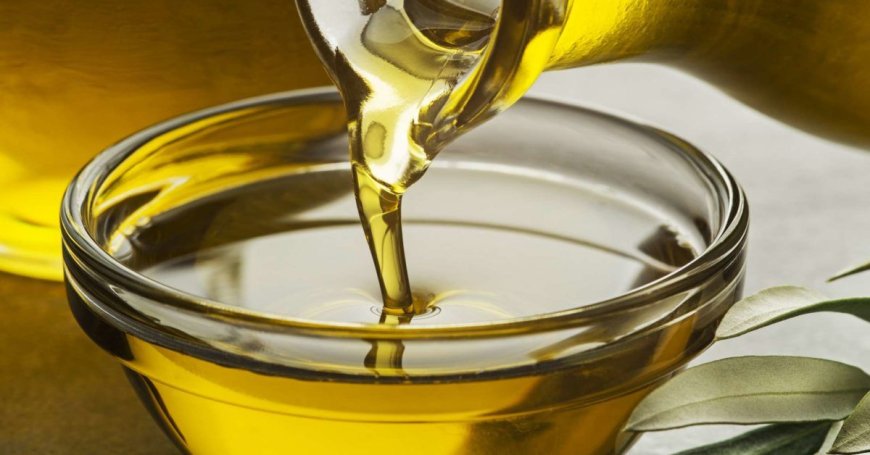KEBS WARNS ABOUT THE SALE OF CONDEMNED OIL.
Kebs found that the oil whose quality was questioned was only suitable for use in the manufacture of animal feeds—it was not fit for human consumption.

The Kenya Bureau of Standards (Kebs), which deemed edible oil unsafe for human consumption during last year's importation controversy, is now selling the product to manufacturers.
A parliamentary committee was informed by Kenya National Trading Corporation (KNTC) representatives that the oil was being sold to domestic producers.
Kebs found that the oil whose quality was questioned was only suitable for use in the manufacture of animal feeds—it was not fit for human consumption.
Subsequently, the State agency rejected its assessment stating that the consignment was unsafe for human consumption, emphasizing that the shipment fulfilled all health and safety requirements based on agency testing.
Level Characteristics
"This is not a health and safety parameter," Kebs clarified, noting that the oil was solely reported for not meeting Vitamin A level requirements.
However, KNTC Acting Managing Director Peter Njoroge informed members that the organization had thrown out Kebs's report when he appeared before the National Assembly's Trade, Industry, and Cooperatives Committee.
In the aftermath of the impasse, the committee ordered that new experiments be conducted by a separate entity.
The committee decided to conduct the tests at the Kenyatta University Laboratory, as committee chairperson James Gakuya reported to People Daily yesterday.
According to Gakuya, "We chose the KU laboratories because we believed they wouldn't be compromised given their history in such exercises in the past."
"The committee will make the findings public as we promised. The findings should be ready by now," he continued.
Kenya Standardization Specification for Fortified Edible Oils and Fats was applied to the cargo, which was found to contain too few ingredients for human consumption. The cooking oil was allegedly imported from Malaysia to alleviate a shortage that had caused a sharp increase in retail prices.
To add more fat and control dust in cow feed, cooking oil can be added to rations in the same way as soybean or maize oil. Ten percent oil-containing sunflower meal is also added to pig feed.
Essential requirements
According to the Kebs, the batch supplied from Malaysia did not meet the necessary standards for insoluble contaminants and vitamin A.
According to a source at the standards office, "It was easy to conclude that the oils were only fit for animals going by these findings."
Kebs informed the corporation that the consignments had been condemned in a letter after the findings.
The request made to the suppliers was to return the consignment to the point of origin on September 5th, the day the letter was signed, and within 30 days of that date.
The letter threatens that "products will be destroyed at the importer's cost if compliance with the orders is not met."
Senators have attempted to check the package, but KNTC officials have hindered their efforts by refusing to unlock the warehouses twice.
When President William Ruto discovered that the rates he had assisted in negotiating with the manufacturer were exaggerated by at least seven dollars per liter, he allegedly ordered inquiries.
After a week, the Ethics and Anti-Corruption Commission took over, ending the investigation that had been overseen by the Directorate of Criminal Investigation (DCI).
The Cabinet had given its approval to a plan that would place KNTC at the center of state-led efforts to stabilize the price of staple foods.
It was anticipated that KNTC would use its resources, including its infrastructure, to control fluctuations in the costs of necessities for the general public.
However, KNTC imposed higher pricing than what had been initially agreed upon during the negotiation stage and single-sourced the companies contracted to import the 125,000 metric tons of edible oil.
What's Your Reaction?

























































